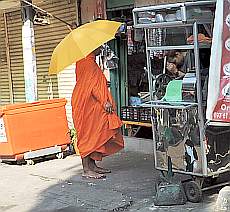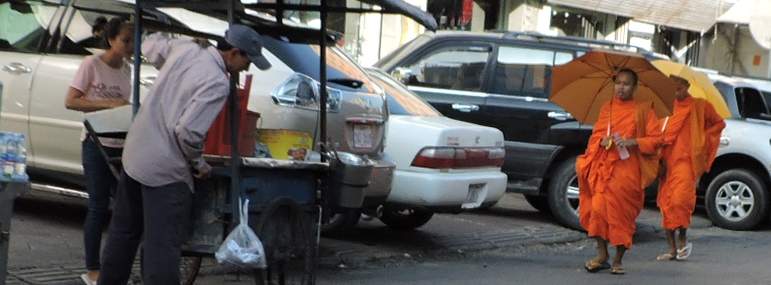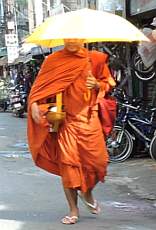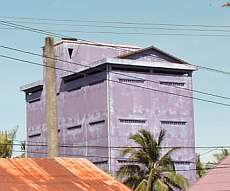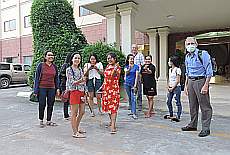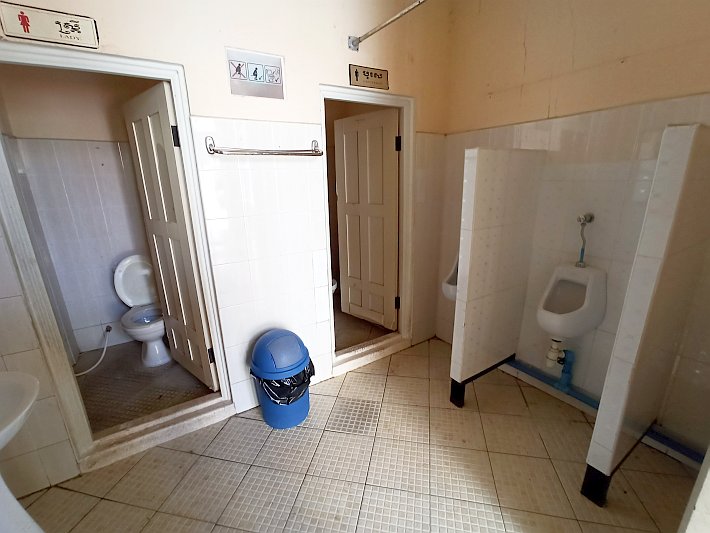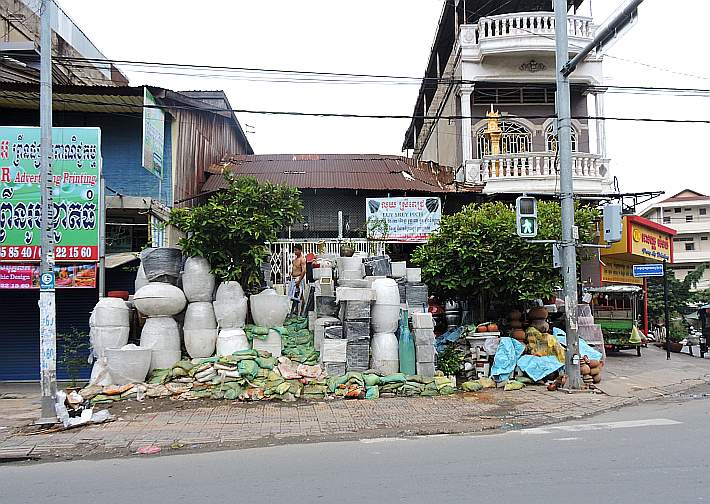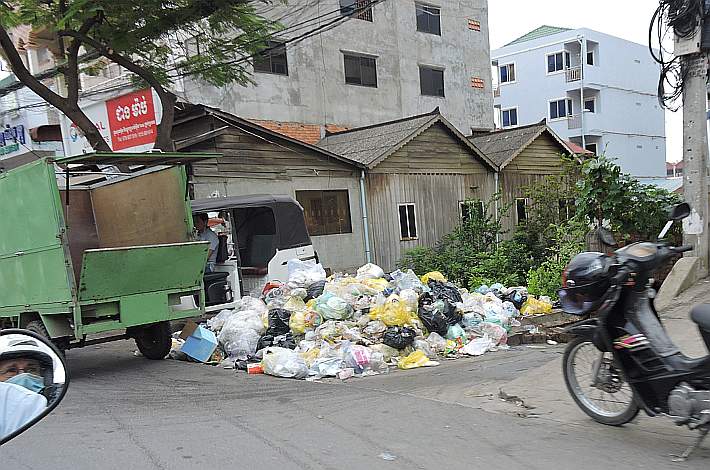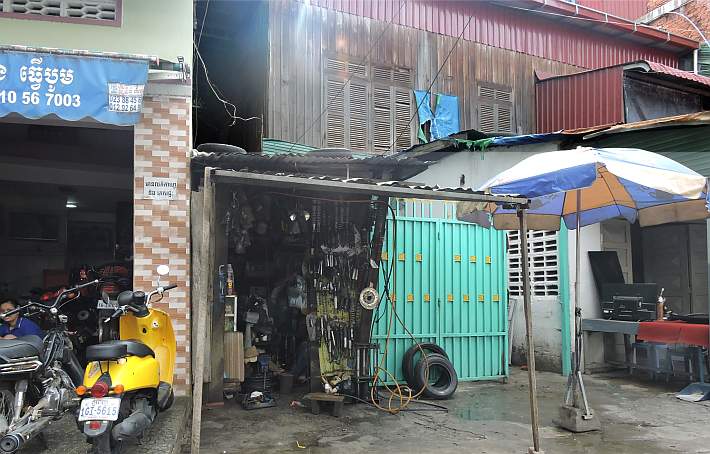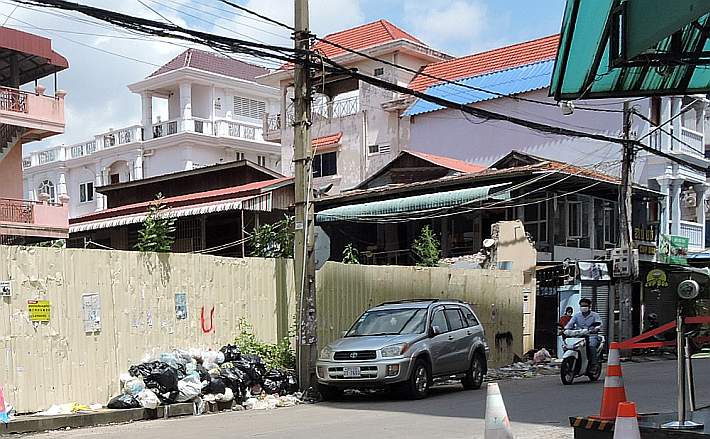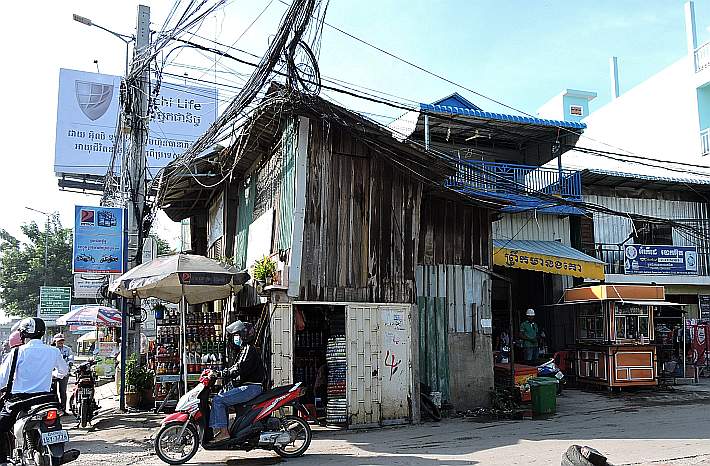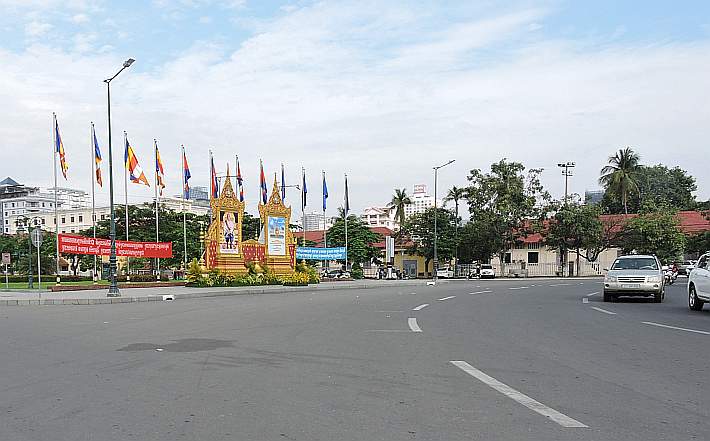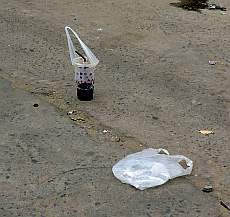The incredible events in our nation’s Capitol Building are more than politics. They are also indicative of our theology. Here is a link to an article by Jim Wallis in Sojourners magazine. Read the full article and reflect on how to respond, but for me these were the ideas that struck me the most.
In addition to the political ramifications for our democracy of the attempted coup, there are also theological questions Wallis raised:
1. Truth is a central tenet of Christianity. “Does the truth matter to Christians and Christian leaders who supported Donald Trump?”
2. “[T]he biblical abomination of racism and its ideology of white nationalism…stands at the core of the Trump base…. This is no longer just politics, it is theological heresy, and one that needs to be exorcised from white Christianity in America.”
I encourage you to read the article.
